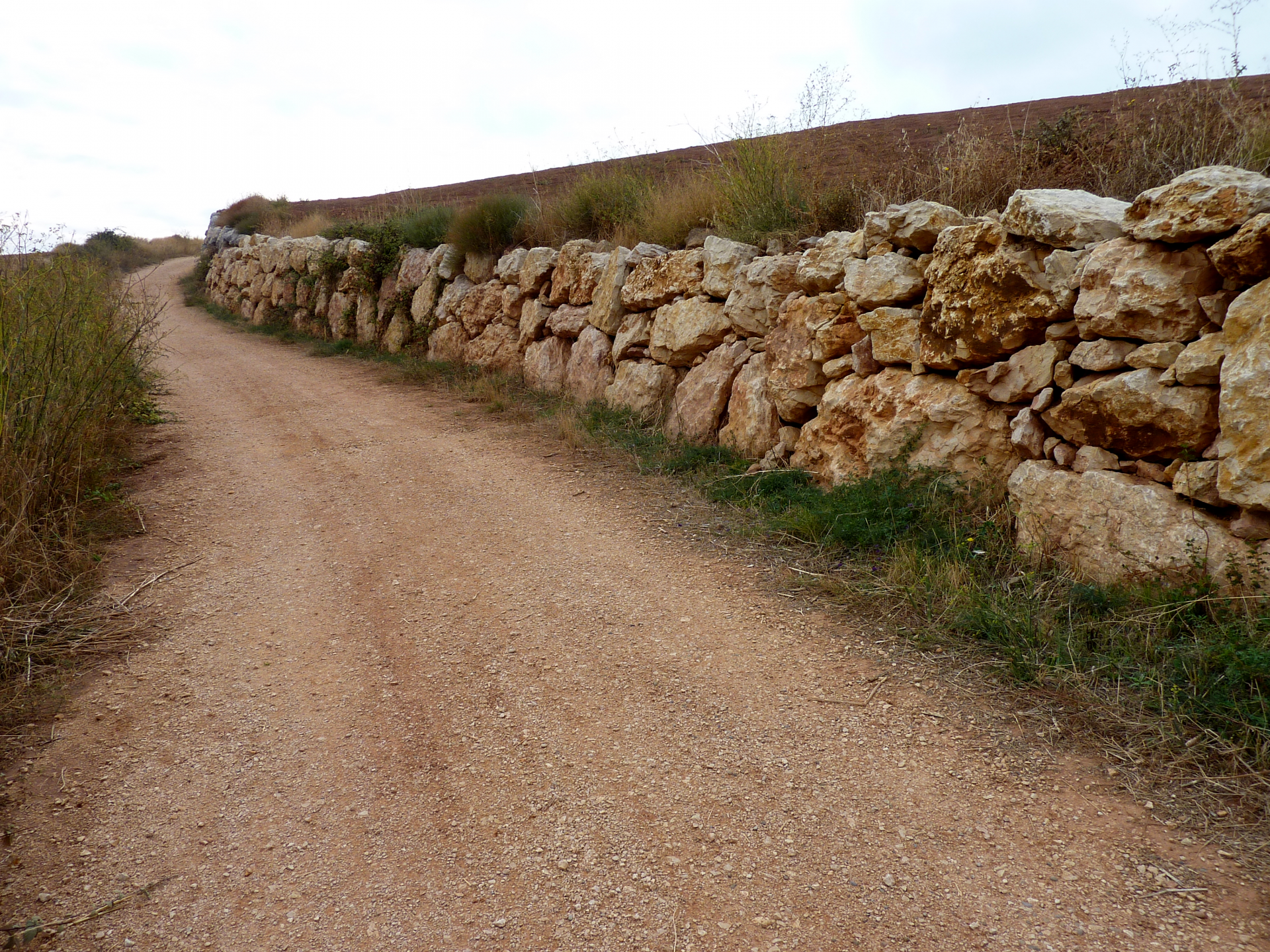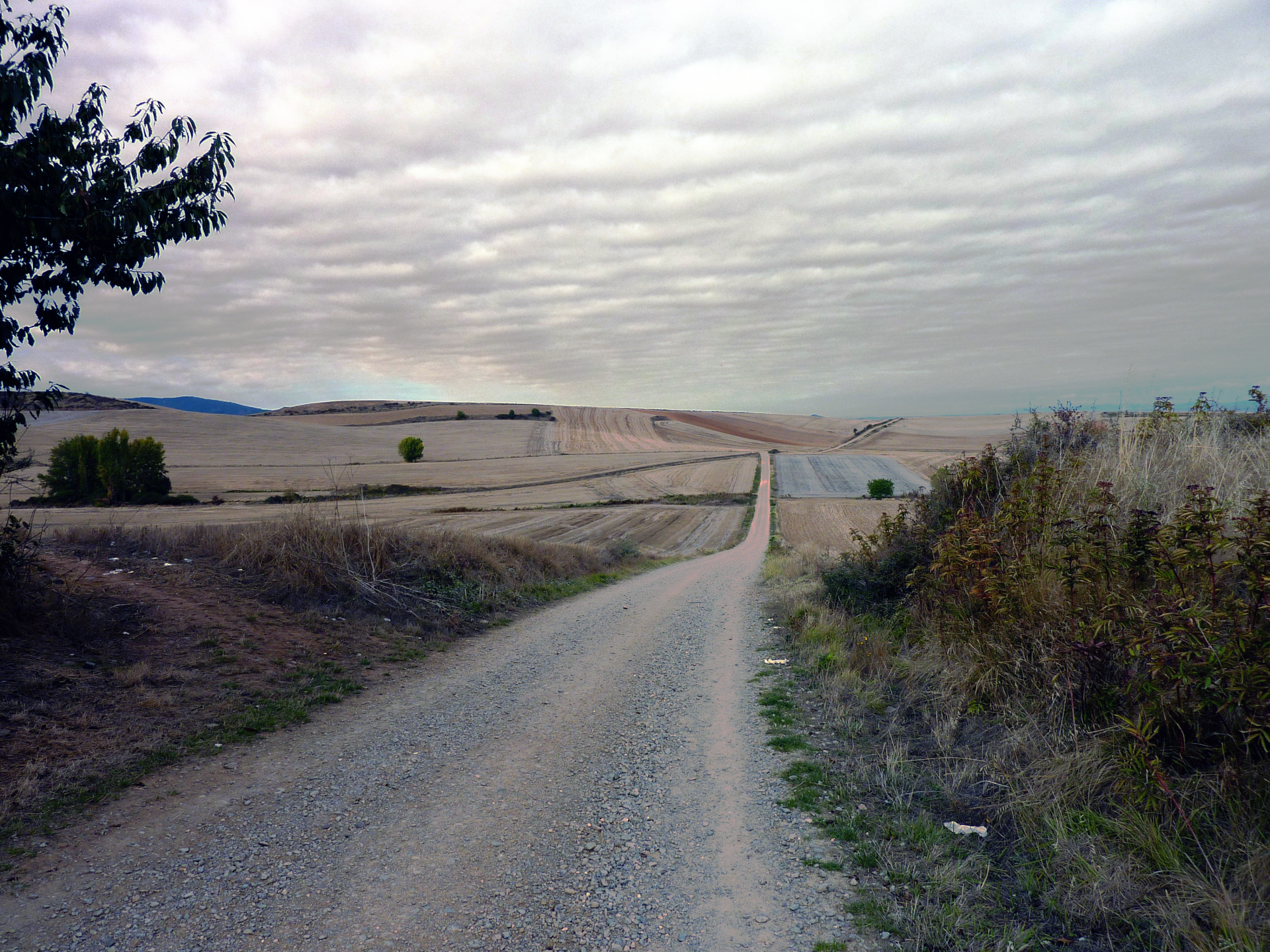Views: 965
NT contains 27 books and letters, probably written before the destruction of Jerusalem 70 AD but definitely after Jesus Christ’s death and resurrection.
Matthew: A brief history of the life of Christ, pointing to Jesus as the promised Messiah.
AUTHOR: The early church uniformly attributed this Gospel to Matthew, and no tradition to the contrary ever emerged. This book was known early and accepted quickly. Matthew occupied the unpopular post of tax collector in Capernaum for the Roman government, and as a result he was no doubt disliked by his Jewish countrymen. He was chosen as one of the twelve apostles and the last appearance of his name in the Bible is in Acts 1:13. Matthew’s life
from that point on is veiled in tradition.
TIMES: 4 BC-AD 33
KEY VERSES: Mt 16:16-19
THEME: Matthew is typically described as the story of Jesus written by a Jew for Jewish people. In this context it contains the most references to Jewish culture and the Old Testament of the Gospels. The author’s main purpose seems to be proving to his Jewish readers that Jesus is their Messiah. Matthew is also the fullest systematic account of Christ’s teachings. These 5 “blocks” of teaching are one of the key differences with the other Gospels: Chapters 5-7, The Sermon on the Mount; Chapter 10, The Mission Charge; Chapter 13, The Parables of the Kingdom; Chapter 18, The Church; Chapters 23-25, Judgment and the End of the World.
Mark: The briefest and most fast-paced history of the life of Christ.
Luke: The history of the life of Christ, focusing on his important miracles and teachings.
John: The life of Christ, including many teachings and events not recorded by the other gospel authors.
Acts: The history of the apostles and the early Christian church.
Romans: Paul writes extensively on key realities of Christian belief and justification by faith alone.
1 Corinthians: Paul speaks to the errors of the church in Corinth.
2 Corinthians: Paul encourages the church in Corinth and defends his character.
Galatians: Paul’s letter points out that believers are justified by faith, not by our own efforts.
Ephesians: Paul’s positive letter focuses on God’s amazing grace and urges the church to live in love.
Philippians: Paul writes on Christian contentment, unity and kindness.
Colossians: Paul warns his audience against following false teaching, focusing on Jesus’ work of salvation.
1 Thessalonians: Paul encourages his listeners to continue to live in a way that pleases God.
2 Thessalonians: Paul encourages the church and talks about Jesus’ second coming.
1 and 2 Timothy: Paul encourages and instructs his young student Timothy in his role as a pastor.
AUTHOR of 1 Timothy: The external evidence solidly supports the position that Paul wrote the letters to Timothy and Titus. Only Romans and 1 Corinthians have better attestation among the Pauline Epistles. Pauline authorship of the Pastoral Epistles requires Paul’s release from his Roman imprisonment (Acts 28),the continuation of his missionary endeavors, and his imprisonment for a second time in Rome. Unfortunately, the order of events can only be reconstructed from hints, because there is no concurrent history paralleling Acts to chronicle the last years of the apostle. It is most probable that Paul wrote 1 Timothy from Macedonia in AD 62 or 63 while Timothy was serving as his representative in Ephesus.
TIMES: AD 62-6390
KEY VERSES: Ti 3:15-16
THEME: The letters to Timothy and Titus are generally called the “Pastoral” Epistles. They are pastoral in tone and in the subject matter they address. While covering much of the apostolic instruction on the life and doctrine of the church, they also provide some guidelines on how Christians in the church should relate to society. One of the overriding concerns of the books is that truth be valued and guarded. Too often today, truth is subjective and culturally conditioned to the point where people don’t even have problems believing mutually contradictory ideas. Paul speaks of the value of truth in his own apostolic role, and he stands against false teachers who would distort the truth for their own ends.
AUTHOR of 2 Timothy: Fearing for their own lives, the Asian believers failed to support Paul after his second Roman imprisonment and his first defense before the Imperial Court (1:15; 4:16). Now he was in a cold Roman cell (4:13) without hope of acquittal in spite of the success of his initial defense. Under these conditions, Paul wrote this epistle in the fall of AD 67, hoping that Timothy would be able to visit him before the approaching winter (4:21).
TIMES: AD 66-67
KEY VERSES: 2Ti 3:14-17
THEME: This is likely the last of Paul’s writings that we have. He writes this letter from a prison cell where he is being kept like a common criminal. He knows that his work on earth is nearing its conclusion, and these are then his last words of counsel to his trusted companion in ministry. One can sense his weariness, but also his strongly held conviction about what is necessary for the continued growth of the church. One can also clearly see the hope that sustains him as he looks forward to going home to Christ.
Titus: Paul encourages Titus in his role as a pastor.
Philemon: Paul asks a believing slave owner to treat a believing slave with kindness.
Hebrews: A discourse on how Jesus is the ultimate and permanent fulfillment of the Mosaic Law.
James: A letter from Jesus’ brother on the necessity of combining faith with work.
1 and 2 Peter: The apostle warns and encourages his audience as they live their Christian lives.
1 John: John elegantly explains basic truths about the Christian life.
2 John: John warns a believing lady about false teachers.
3 John: John’s letter to a believing man thanking him for his hospitality.
Jude: A letter warning Christians against those who try to deceive them.
Revelation: John’s vision of the exalted Christ and the future of the church.






























